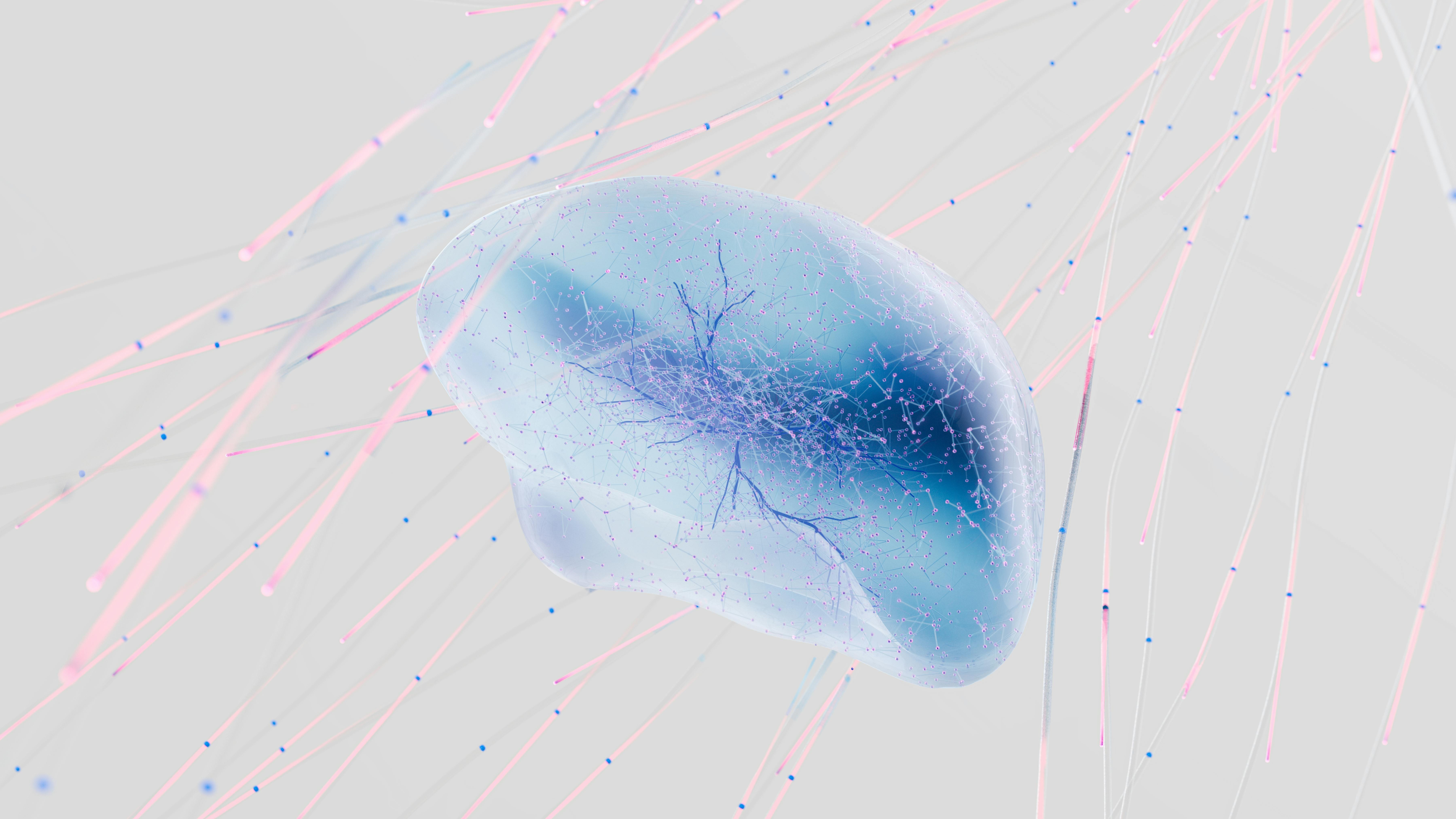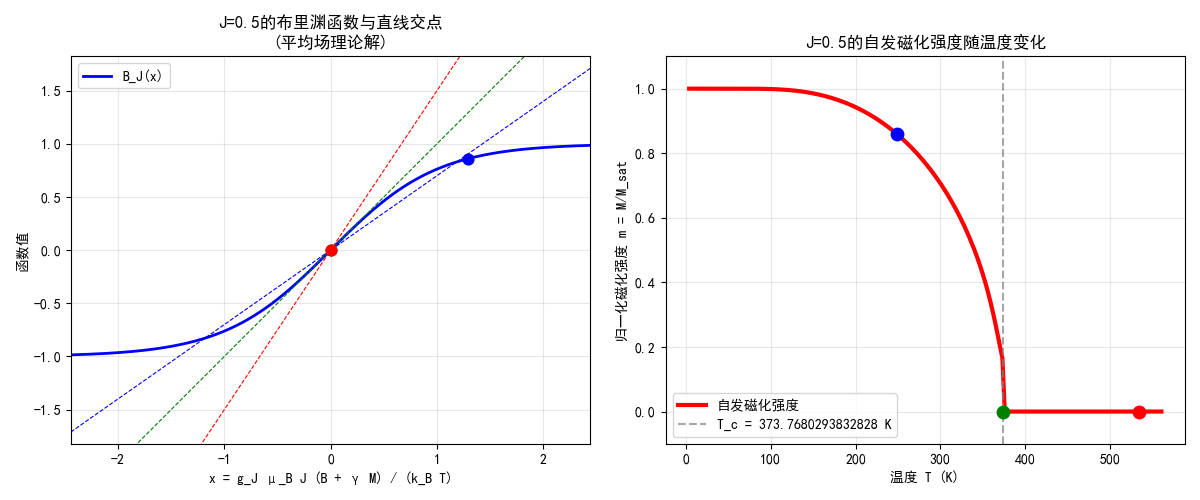托福口语Task3
本篇笔记来源于小红书不爱酸苦辣。
题目
- Reading: Article of a concept including definition and explanation.
- Lecture: An illustration with example of the concept.
- Speaking:
Explain the concept of overclaiming and how the professor’s example illustrates it.
- Concept definition;
- Lecture illustration;
- Lecture example.
时间
- Reading: 45s;
- Lecture: ~90s;
- Preparing: 30s;
- Speaking: 60s.
- Definition: ~15s;
- Illustration: ~10s;
- Example: ~35s.
Note
Reading:
- 重点看标题的概念信息,并且迅速定位文中的定义句;
- 把定位句抄下来;
- 适当记忆其他的解释。
Overclaiming
People generally like to perceive themselves as being knowledgeable. This desire may lead them to overestimate their knowledge of a particular subject area, and to claim-and actually believe—that they are knowledgeable about aspects of that subiect area that they are not, in fact, knowledgeable about. This phenomenon is known as overclaiming .
People are especially likely to overclaim if they feel confident about their knowledge of a particular subject area and actually possess some knowledge about it. They are then more likely to believe that they are familiar with facts, terms, and concepts that they actually know nothing about.
Listening:
- 重新回忆概念的定义;
- 记住例子的大概情况;
- 记住例子的过程信息。
Speaking:
- Definition:
- The reading passage introduces the concept of [concept], which means [definition].
- Illustration:
- In the lecture, the professor illustrated the concept with an example of [example].
- Example:
- Conclusion:
- This exampel of [example] perfectly demonstrates the idea of [concept] by showing [example&concept].
真题71
Overclaiming
People generally like to perceive themselves as being knowledgeable. This desire may lead them to overestimate their knowledge of a particular subject area, and to claim-and actually believe—that they are knowledgeable about aspects of that subiect area that they are not, in fact, knowledgeable about, This phenomenon is known as overclaiming . People are especially likely to overclaim if they feel confident about their knowledge of a particular subject area and actually possess some knowledge about it, They are then more likely to believe that they are familiar with facts, terms, and concepts that they actually know nothing about.
The concept of overclaiming describes individuals’ tendency to overestimate their knowledge about certain topics, believing they understand facts or concepts that are actually unfamiliar to them. This is often seen in people who feel confident about their knowledge base.
The professor illustrates overclaiming through a study where volunteers, after acing a basic geography quiz, felt knowledgeable about geography.
However, when given a list containing both real and fictional city names, including explicitly fake ones like “Cashmere, Oregon,” some volunteers claimed to recognize or know about these non-existent cities.
This example demonstrates overclaiming by showing how volunteers’ confidence in their geography knowledge led them to assert familiarity with places that couldn’t possibly be known to them, highlighting the gap between perceived and actual knowledge.
真题72
Facilitators
When a particular habitat is damaged by a natural event, the various species that live there may die off or leave the area. After such an event, the earliest species to inhabit this damaged area may make it possible for other species to live in the area later, These first species facilitate or enable the arrival of other species; thus, they are called facilitators.Facilitators may have special features that allow them to live in an environment that has been made unsuitable for other species to survive in. Once established, facilitators change the area, and other species can once again survive there.
The lecture describes brown algae as facilitators in ocean ecosystems post-storm. Storms can leave underwater rocks bare and slippery, challenging for new plants due to rough waves. Brown algae, with their strong root-like structures, can attach to these harsh surfaces. Once established, they change the rock surfaces, enabling other plants, like ocean grasses, to grow. The grasses require the less slippery environment created by the algae to attach their seeds and develop. This example demonstrates how facilitators pioneer recolonization in damaged habitats, allowing other species to inhabit areas they previously couldn’t, embodying the concept of facilitators.





